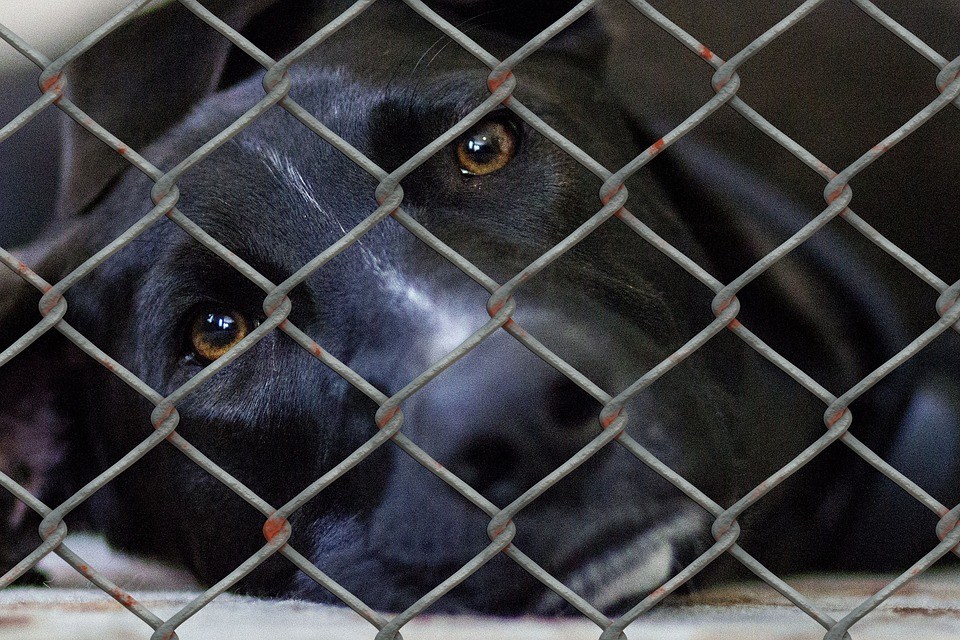The Flemish parliament on Wednesday unanimously approved the decision to substantially increase punishments for people and businesses who abuse or neglect animals.
The region's Minister of Animal Affairs Ben Weyts proposed stricter measures in August last year, arguing that the current punishments – between €16,000 and €100,000 in fines and a maximum of 18 months in jail for repeated and severe abuse – were ineffective when it comes to dissuading animal abusers.
"In the past, there were no effective prison sentences for animal bullies. A few years ago, we made sure that you could effectively go to jail if you continued to abuse or neglect animals," Weyts said.
"Now we are taking a big next step, with a clear message: in Flanders, we will no longer accept it if you mistreat animals."
Animal abusers will be able to get up to a fine of up to €800,000 and a prison sentence of up to five years following the first offence of serious mistreatment or neglect.
Related News
- Increased animal welfare budget results in record number of checks and fines
- East Flemish slaughterhouse shut down for animal welfare violations
Perpetrators will even be sentenced to prison for ten years and risk a fine of up to €1.6 million if they are found to be abusing animals repeatedly in a period of five years (up from three years).
Detaining suspects and closing businesses
As a result of the approved punishments, it will also be possible to immediately detain animal abusers on remand for the first time ever. Judges can also close down farms or businesses for a longer period or even forever, irrespective of whether or not they are repeat offenders.
The proceeds of the increased fines will be given to the Animal Welfare Fund, which is used for the proper care of animals that are taken into protection, launching awareness campaigns and scientific research. "In this way, the money from animal killers is used to improve animal welfare."
Since 2014, Animal Welfare developed into a full-fledged competence at the Flemish level, resulting in the department receiving eight times more funding and the number of inspectors doubling.
The cooperation between the police and the public prosecutor's office for such crimes has also improved since. "Each police district and each public prosecutor now has a specific person responsible for animal welfare." However, the policy of resolute enforcement remained relatively ineffective until now.
"We are working on a policy of deterrence," Weyts said. "Those who do not want to listen will feel. This is the crowning glory of our work: serious punishments for animal abusers who really deserve it."

